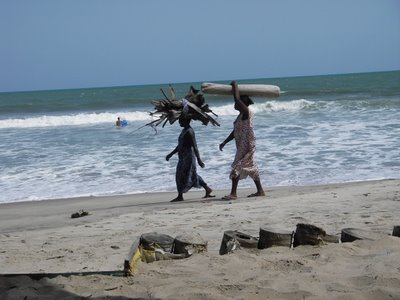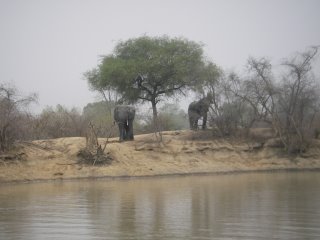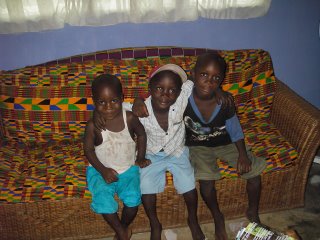We are often challenged by people who are in need. We are challenged by beggars, by people with disabilities, by people who have disfigurements, by people in poverty, by people who, in some way, have needs different from our own. When I read ‘religious’ articles about these challenges, it seems that the response which is usually expected when faced with these uncomfortable, guilt inducing situations (but not the ‘appropriate’ response, I guess) is to turn away, not look the individual in the eyes, maybe thrust some money at the person while still not looking at them, to pretend not to see, etc. Or the other expected option is to stare – also, supposedly not the appropriate response. And then we are told that these responses represent our indifference.
I know I’ve had (and still have) each and every one of these responses. And, what I think can even be worse is that sometimes I look the person in the eyes, I greet that person, sometimes even shake that person’s hand or stump or whatever is offered – and then I move on. Maybe I move on to go eat in a restaurant, spending enough money on one meal, even if only a dollar or two, to have fed that person for a few days.
Sometimes, I even sit with the person and talk with them about their needs, listen to their struggles, witness their tears, hear and feel the pain and suffering in their voice. And then I turn away; I turn that person away. I don’t offer anything more than my ear for that brief moment, or that hour, we spent together.
And then maybe I go have a beer. And I spend enough on that beer – less than $1 – to have fed that person for a few days.
And then I justify it all – “oh, I need to keep my strength up,” or “I need to relax” – because “if I don’t keep up my mental and physical strength, I won’t be able to do what I’ve been sent here to do.” And the justification turns into condemnation and self-righteousness – “the beggars make more money than people who are going to work everyday,” “that person was begging even when I lived here 10 years ago,” “if I solve this problem then the organizations here to do this work will never need to do their jobs and will never be held accountable,” etc.
And then I wonder – which is the better response? And yet it seems cloudily clear – probably the correct response is to use that money spent on the meal, on the beer, to do what’s needed for that person at that moment. But then again, is that the correct response? In the legitimate situations of need, it will solve the symptom, but it won’t address the problem.
And then I worry about my indifference. How can I turn away that woman who says she can’t breast feed her child and needs help buying milk for her baby? How can I do that when she’s got tears in her eyes and pain in her voice? Do I really believe it’s the right thing to refer her back to the nutrition center because the doctor there told me about her and said that’s what needs to happen? Or, am I not wanting to take the time, to walk with her to the nutrition center and then to the counseling center to address the other issues the doctor told me about – that she never wanted the baby and her husband has abandoned her. I thought for a brief period that maybe I don’t want to face the deeper involvement, but realized that’s not it – I’m deeply involved and I’m facing it.
And then I think of Abbie and of my Aunt. I think of the woman needing blood. I think of the future for the little girl with cerebral palsy and mental retardation, who was abandoned by her mother. I think of the little boy who just died because he was taken to the clinic too late. I think of my responses in each situation, of my feelings. And what’s past is past. And how will I respond if faced with the same situations tomorrow?
I just don’t know – but I come home and write about it because how can I sleep?









 and a monkey sanctuary,
and a monkey sanctuary, 
